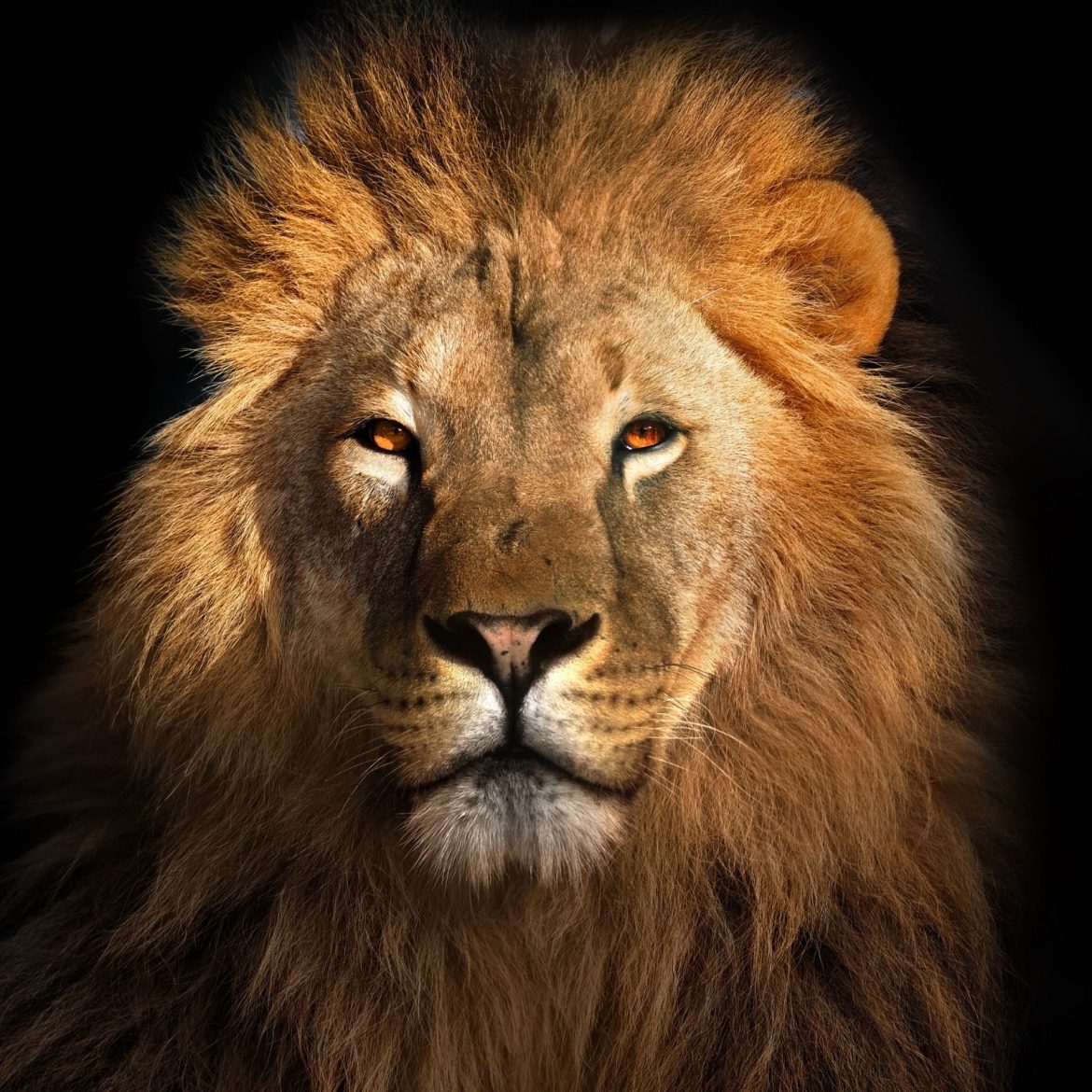Across the continent of Africa, lions are in crisis, with the population said to have crashed from approximately 200,000 lions 100 years ago, to around 20,000 lions today. While they are classified as vulnerable in the entire continent of Africa because of the decline, they are said to be critically endangered in West Africa where only 400 are left.
With fewer than 50 left in Nigeria, the Wildlife Conservation Society, (WCS) has been working to strengthen the protection of these keystone species, said Nigeria’s Country Director of WCS, Andrew Dunn during a Twitter Space discussion organized by WildAid to mark this year’s #WorldLionDay.
World Lion Day is a day set aside to among things; create awareness about threats faced by African Lions and how to work together to protect the species and their habitats as well as how to solve the problems facing lions and why it is important to save them.
Speaking during the discussion, Dunn said that with support from the United States Agency for International Development, (USAID) WCS has been working hard to strengthen the protection of Yankari Game Reserve, including its small population of Lions as well as Kainji Lake National Park, close to the border with Benin.
“We have provided support for patrols to ensure that there is sufficient wild prey for Lions to eat so they don’t come into conflict with Fulani Pastoralists, “he said. “If there is enough wild species for them to eat, there is less reason for them to prey on cattle”.
Part of what WCS also does is satellite collaring of the lions which allow it to track the movement of Lions more closely, thereby mitigating human-wildlife conflict where lions exist close to human settlements as well as monitoring illegal wildlife trade.
In Tanzania- which has the largest population in Africa with about 8,000 animals left in the wild- Lions provide an important draw to the tourism industry, which generates around 1.5 million jobs, contributing as much as 17 per cent to the nation’s Gross Domestic Product (GDP).

Although Nigeria does not have a strong tourism industry, Dunn said the country could develop that in the future given its array of wildlife parks. Rather than travel abroad to visit foreign parks, he said the citizens can visit the ones within the country for improved revenue generation and better protection for Lions.
Apart from creating more jobs for youths and preserving heritage and the environment, Lions remain the only wild animals in Africa big enough to bring down big herbivores like buffalo and giraffes.
Dunn said that WCS has also been strengthening anti-poaching patrols across the existing game reserves and national parks in Nigeria and ensuring that they are well managed and sufficiently funded and that the rangers are paid sufficient salaries and given the equipment and training that they need to do their job.
WCS has also been working to lobby politicians for improvement in the legislation and strengthening of laws to have maximum levels of protection for Lions and ensure strict penalties for poachers.
Dunn explained that habitat loss and degradation constitute the main threat facing Lions in Nigeria and entire Africa, adding that another major threat is the reduction of wild prey.
“Lions used to eat Buffalos and Antelope species but with the rise of bushmeat hunting, there is fewer wild prey for Lions to eat and what is left is cows and livestock. Any lion that eats livestock is soon poisoned in retaliation “he said.
There is also growing medical trade in Lion parts and Lion fats which are said to be important in some areas of traditional medicine.
As Tiger bones become increasingly rare and difficult to obtain, Dunn said that the growing trade in Lion bones for export to Asia further constitutes another threat to Lions.
“We need to also recognise the link between bushmeat and the status of lands in the country, “he said. “If we continue to eat bushmeat, it means less prey for Lions which will have no other option than to eat cattle and they are often poisoned as a result”.
